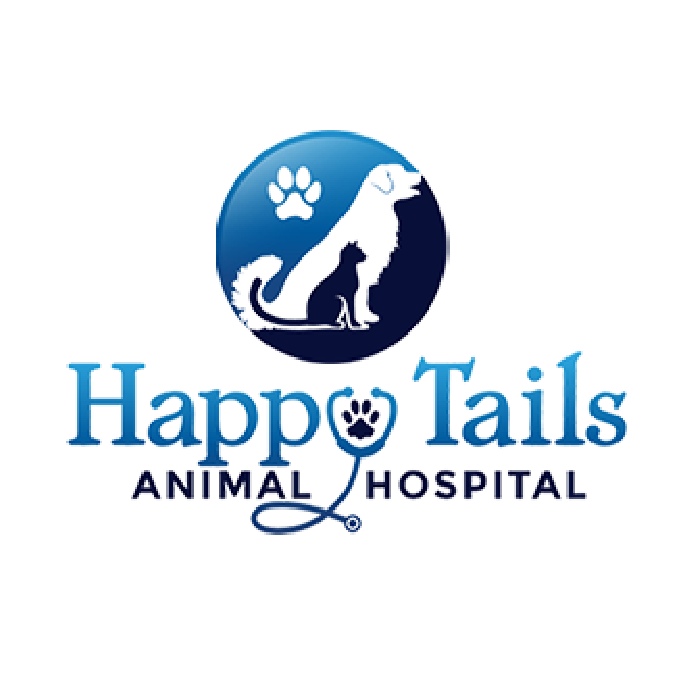Library
-
Metronidazole is given by mouth or injection and is used off-label to treat certain anaerobic bacterial and protozoal infections and gastrointestinal conditions in dogs, cats, and other animals. Give as directed. Side effects may include nausea, vomiting, diarrhea, regurgitation, decreased appetite, tiredness, and drooling. Do not use in pets that are allergic to it, are debilitated, or are pregnant or nursing. If a negative reaction occurs, contact your veterinarian.
-
Milbemycin oxime + lufenuron is a heartworm disease preventive that also treats internal parasites (e.g., whipworms, hookworms, and roundworms) and controls flea populations in dogs. Milbemycin oxime + lufenuron is given by mouth as a flavored chew tablet. At prescribed doses, this medication is well-tolerated; when used off-label at higher doses for treating mites, side effects have been observed. Your veterinarian will advise you on the safety of milbemycin oxime + lufenuron use in your dog. If you suspect an overdose or an adverse reaction to the medication, call your veterinary office immediately.
-
Milbemycin oxime + lufenuron + praziquantel is a heartworm disease preventive that also treats certain internal parasites and controls fleas in dogs. This combination medication is given by mouth as a flavored chew tablet. At prescribed doses, this medication is well-tolerated. Certain dog breeds are more sensitive to milbemycin than others; your veterinarian will advise you on the safety of milbemycin use in your dog. If you suspect an overdose or an adverse reaction to the medication, call your veterinary office immediately.
-
Milbemycin oxime + praziquantel is a heartworm disease preventive that also controls tapeworms, hookworms, roundworms, and whipworms in dogs. It is given by mouth as a flavored chew tablet and must be given with a meal to ensure adequate absorption. At prescribed doses, this medication is well-tolerated. Your veterinarian will advise you on the safety of this combination product’s use in your dog. If you suspect an overdose or an adverse reaction to the medication, call your veterinary office immediately.
-
Milbemycin oxime + spinosad is a heartworm disease preventive that also controls hookworms, roundworms, whipworms, and fleas in dogs. Milbemycin oxime + spinosad is given by mouth as a flavored chew tablet. At prescribed doses, this medication is well-tolerated. Your veterinarian will advise you on the safety of this product’s use in your dog. If you suspect an overdose or an adverse reaction to the medication, call your veterinary office immediately.
-
Feline miliary dermatitis is a skin condition that typically results from an underlying allergic reaction, most commonly to fleabites. An affected cat will have a very itchy rash and may lick, bite, and scratch at the affected skin, quickly progressing to small lesions with scabs on them. The offending allergen must be removed for long-term resolution.
-
Moxidectin and fluralaner are combined in one topical treatment for use in cats. Moxidectin topical is an avermectin antiparasitic that is used to prevent heartworms and treat intestinal parasites (hookworms and roundworms). Fluralaner is used to treat and prevent fleas and also kills black-legged ticks (deer ticks). Give as directed. Side effects are uncommon but may include hair loss at the application site, itching, vomiting, diarrhea, lethargy, excessive drooling, and dry skin. Moxidectin + fluralaner should not be used in pets that are hypersensitive or allergic to it. Do not use this medication in sick, debilitated, or underweight cats. Use caution in cats with known neurologic disorders. If you suspect an overdose or an adverse reaction to the medication, call your veterinary office immediately. If they are not available, follow their directions in contacting an emergency facility.
-
Moxidectin is an avermectin antiparasitic that is used to prevent heartworms and treat intestinal parasites. Imidacloprid treats and prevents fleas. These two drugs are combined in one topical product for use in cats, dogs, and ferrets. Use as directed. Side effects are uncommon and usually short-lived, however, if you suspect an overdose or an adverse reaction to the medication, call your veterinary office immediately.
-
Moxidectin + sarolaner + pyrantel is a heartworm disease preventive for dogs that also treats and prevents internal parasites (hookworms and roundworms) and kills fleas and ticks. This medication is given by mouth as a flavored chew tablet. At regular doses, this medication is well-tolerated. Your veterinarian will advise you on the safety of moxidectin + sarolaner + pyrantel use in your dog. If you suspect an overdose or an adverse reaction to the medication, call your veterinary office immediately.
-
Parasites are not commonly diagnosed in pet birds; however, when present, they can cause generalized debilitation. With external parasites, your veterinarian can often make a diagnosis based on a physical examination and a microscopic analysis of skin lesions. Intestinal parasites are usually discovered when the feces are examined microscopically. Blood parasites are typically found during a routine blood count. All anti-parasite treatment should be under the advice of your veterinarian.


